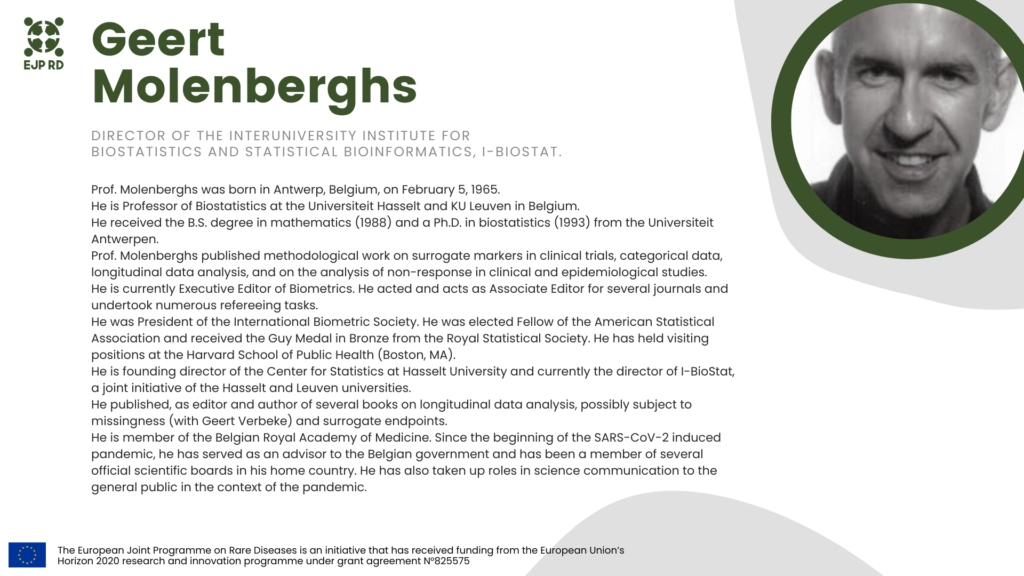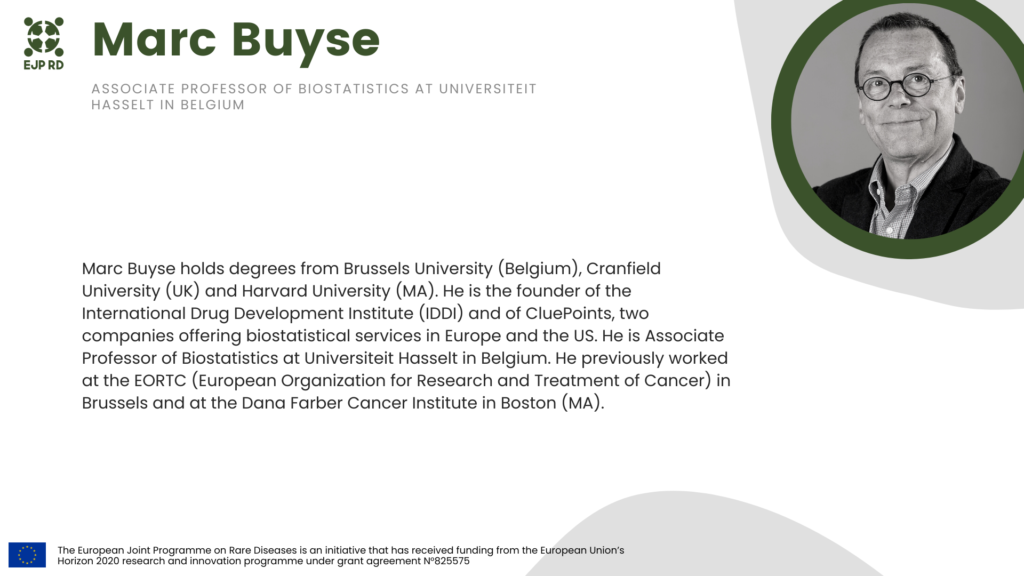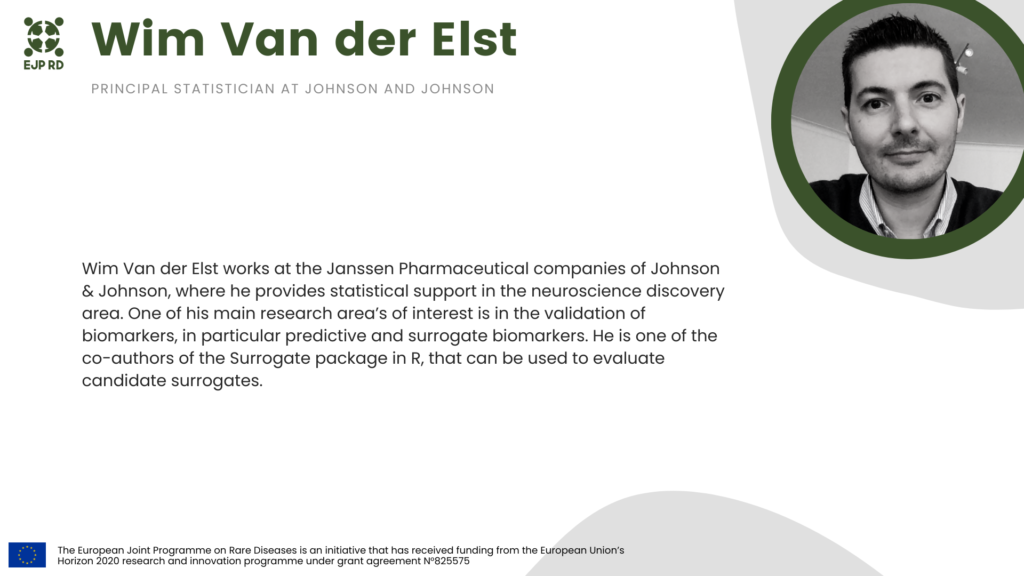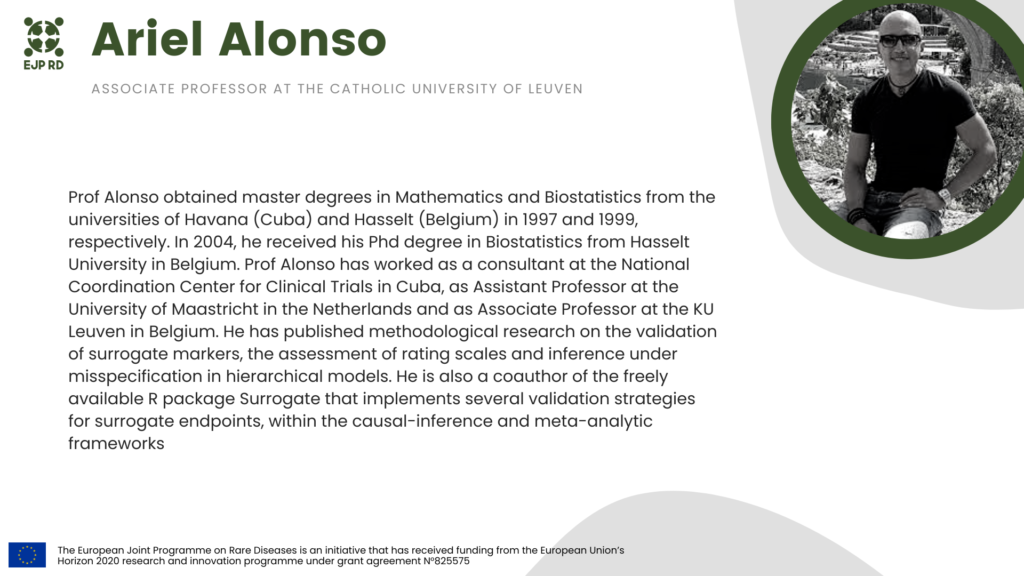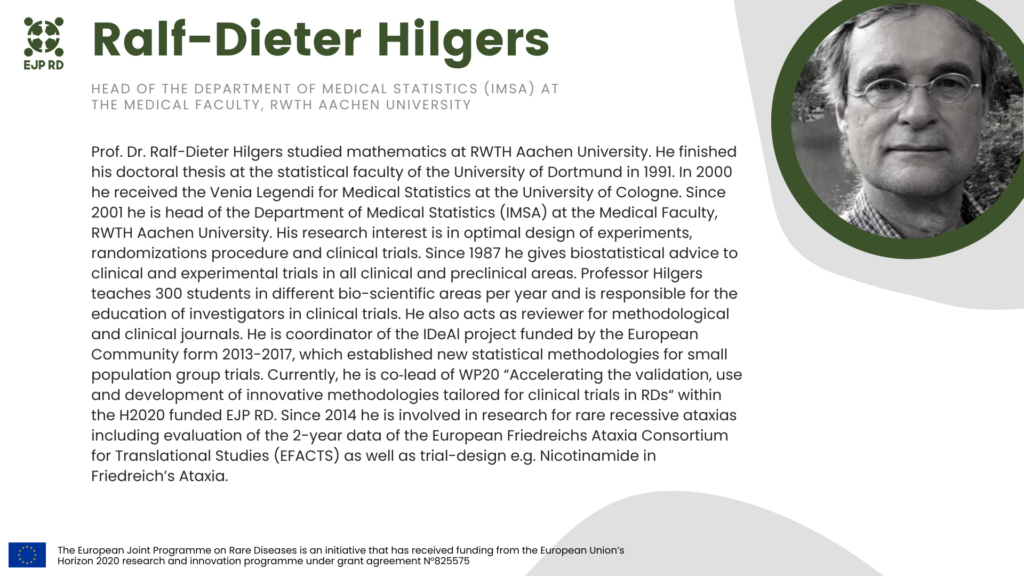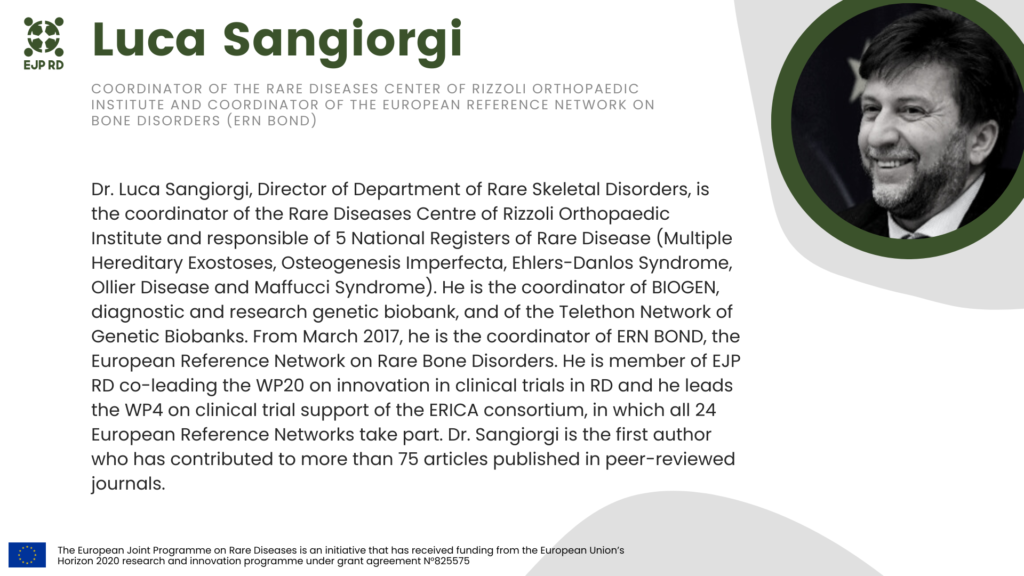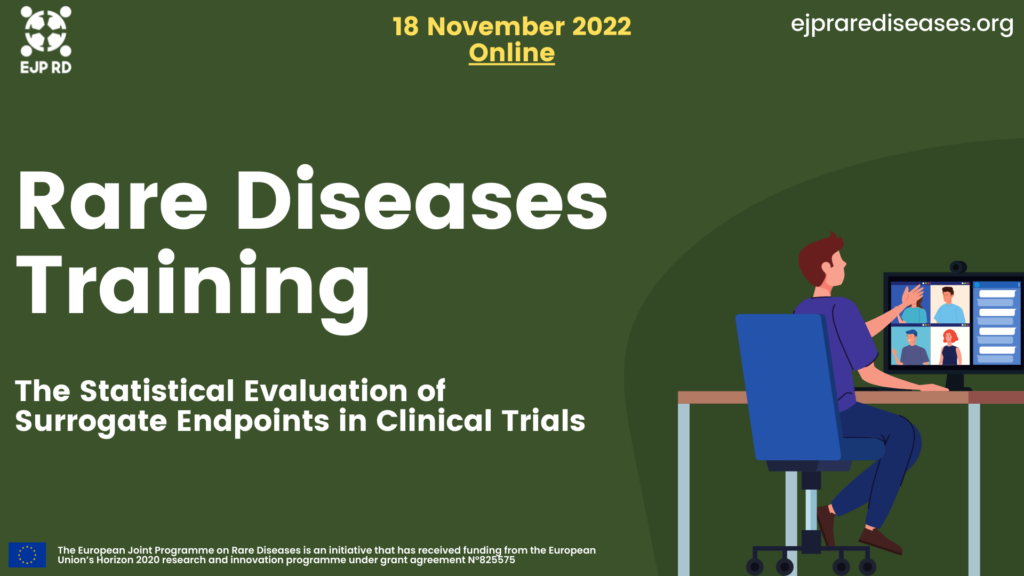
Both humanitarian and commercial considerations have spurred intensive search for methods to reduce the time and cost required to develop new therapies. The identification and use of surrogate endpoints, i.e. measures that can replace or supplement other endpoints in evaluations of experimental treatments or interventions, is a general strategy that has stimulated much enthusiasm. Surrogate endpoints are useful when they can be measured earlier, more conveniently, or more frequently than the « true » endpoints of primary interest. Regulatory agencies around the globe, particularly in the United States, Europe, and Japan, are introducing provisions and policies relating to the use of surrogate endpoints in registration studies. But how can one establish the adequacy of a surrogate, in the sense that treatment effectiveness on the surrogate will accurately predict treatment effect on the intended, and more important, true outcome? What kind of evidence is needed, and what statistical methods portray that evidence most appropriately?
The definition of validity, as well as formal sets of criteria, have been proposed, including use of the proportion explained, jointly the within-treatment partial association of true and surrogate responses, and the treatment effect on the surrogate relative to that on the true outcome. In a multi-centre setting, these quantities can be generalized to individual-level and trial-level measures of surrogacy.
Consequently, a meta-analytic framework studying surrogacy at both the trial and individual-patient levels has been proposed. A number of variations of this theme have been developed, depending on the type of endpoint for the true and surrogate endpoint and on the focus of the evaluation exercise.
The framework commonly used will be sketched, also against the background of alternatives. A perspective will be given on further and ongoing developments. Specific attention will be given to promise and challenges in the context of rare diseases.
The aim of the lecture is:
- To get an overview of the methodological developments in surrogate endpoint evaluation over the last 30 years
- To understand practical use
- To understand promise and limitations
- To understand how they can be useful in the context of rare diseases
This training is at an advanced level course. While an overview will be given, without all technical details, a variety of statistical modelling and inference concepts will be used.
This training is divided in two parts:
The first part of the webinar, of about 1.5 hours, is devoted to an overview of surrogate marker evaluation, setting out from Prentice’s definition, reviewing various methodological developments, and leading to current-day commonly used frameworks such as the meta-analytic framework, methodology based on information theory, and causal-inference based methodology.
The second part of the webinar consists of one hour of panel discussion with known experts from different fields bringing various perspectives of the topic. This will include the regulatory, pharma-industrial, academic, and clinical perspective. In particular, questions from the audience will be answered while reflecting these different perspectives.
The training webinar is organized as a series of lectures presented by experts in the specific topics. Interaction between participants and lecturers will be facilitated by moderated question & answer sessions.
The workshop is open to the international research community, clinicians, medical specialists, healthcare professionals and advocacy patient groups with knowledge on the RD Clinical Trials.
The registration is mandatory.
Registration link: https://forms.office.com/r/6Jxhu8KXax
REGISTRATION DEADLINE: 14 November 2022
The training and registration are free of charge.
The training organisers will not cover expenses incurred by the participants in any way.
At the end of the training, participants will be requested to fill an online questionnaire as feedback for learning and impact assessment.
A certificate of attendance will be given at the end to the participants who attended the entire webinar. No credits of Continuing Education in Medicine will be issued.
English
Online. Details for the connection will be provided the day of the webinar to registered participants.
This Training webinar is organized by Universitaetsklinikum Aachen (Germany), Istituto Ortopedico Rizzoli IRCCS (Italy) and Assistance Publique Hopitaux de Paris (France).
If you have questions, please contact the course organisers through this email address: lorena.casareto@ejprd-project.eu
Please, indicate in the Subject: WP20 November training webinar
Speakers
Click on the speaker to enlarge the biosketch.

